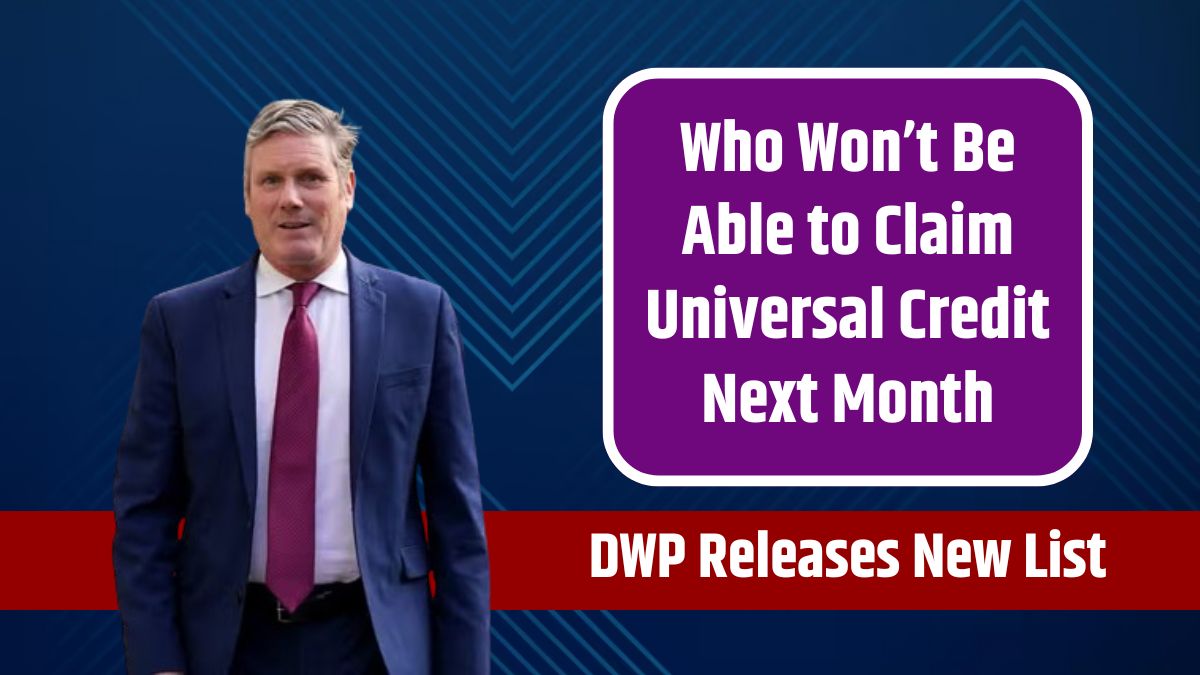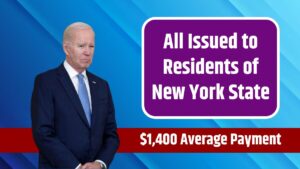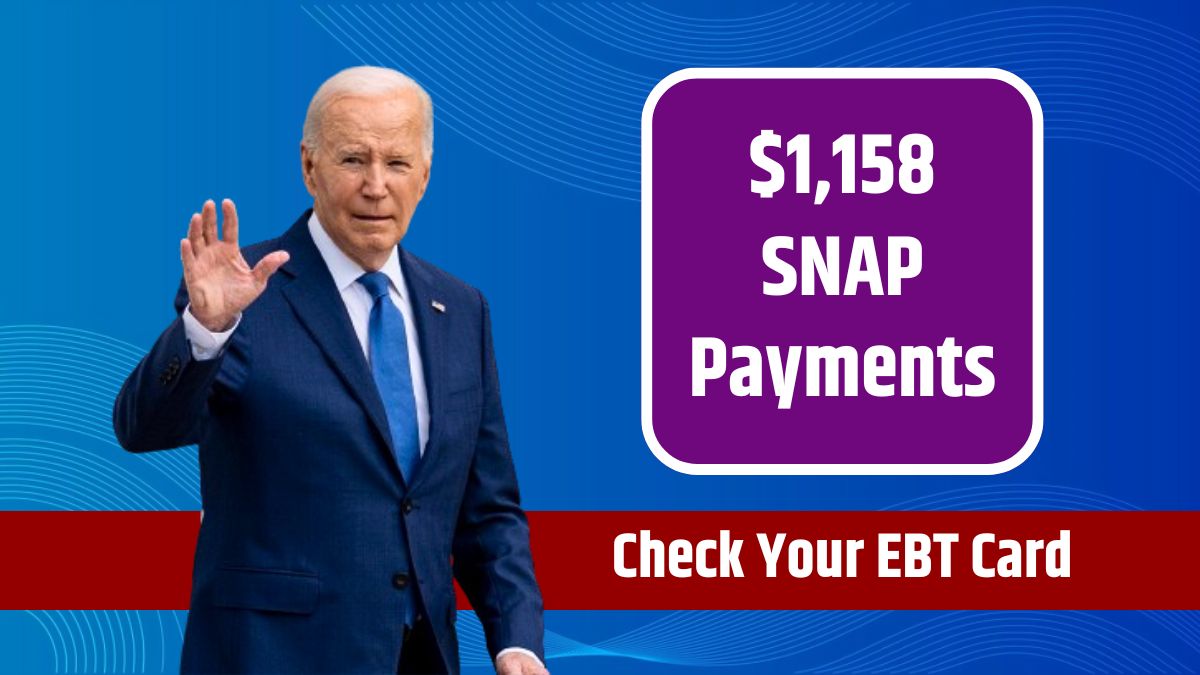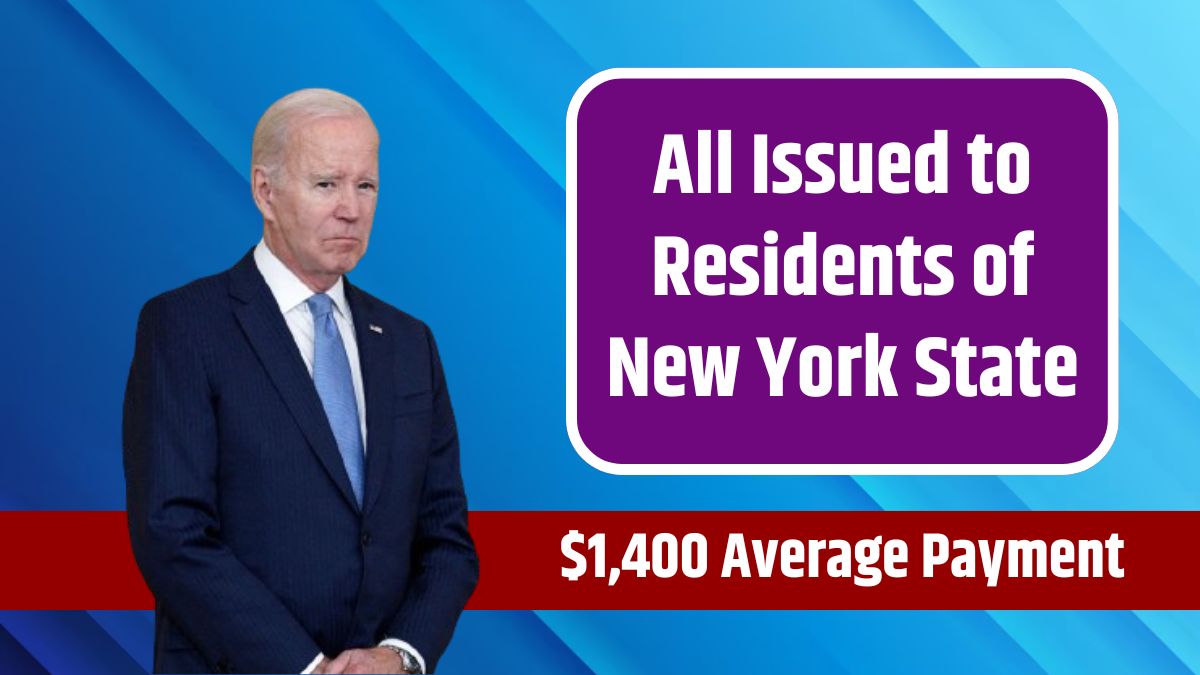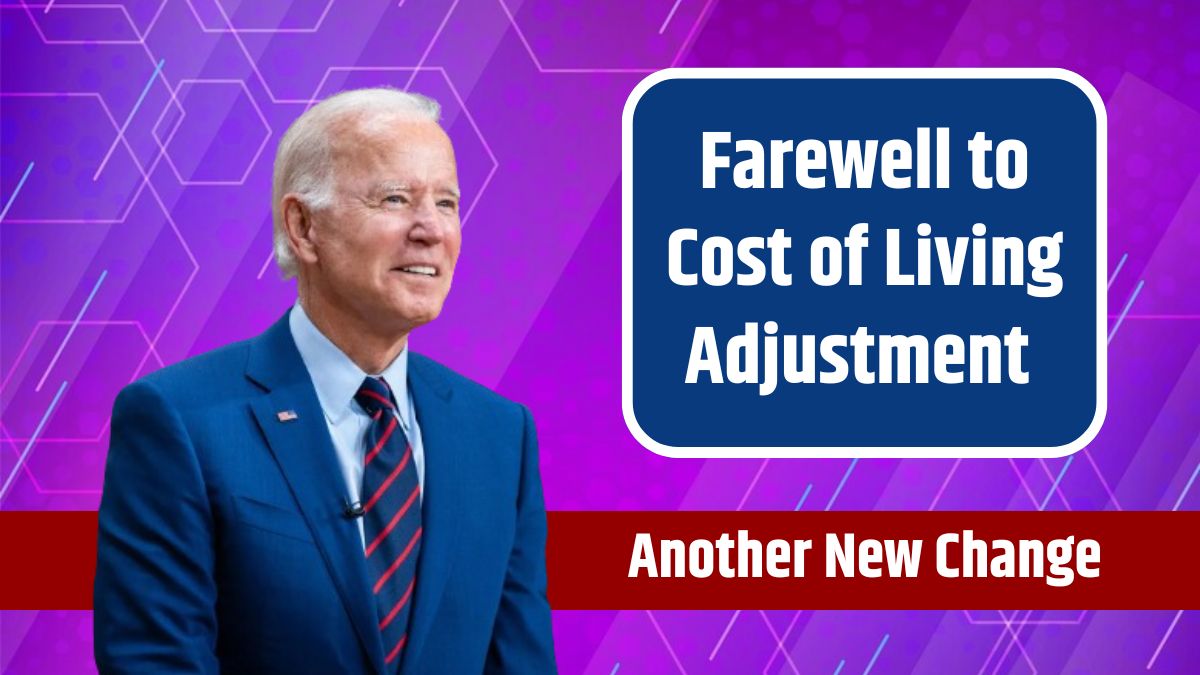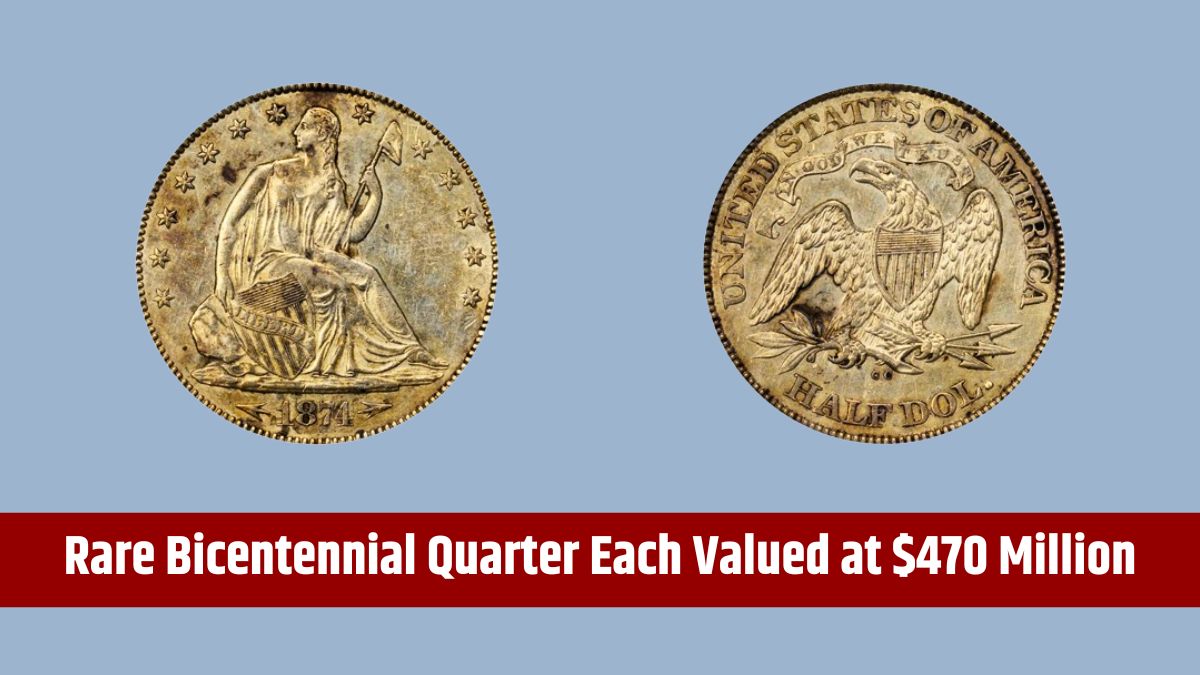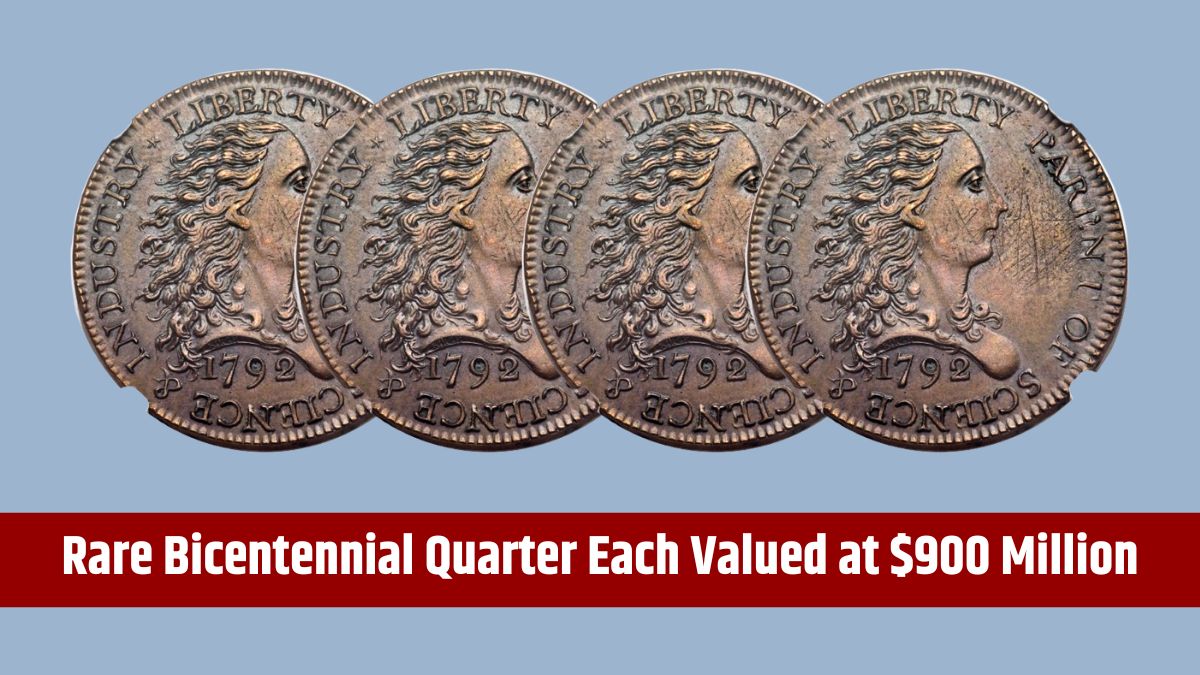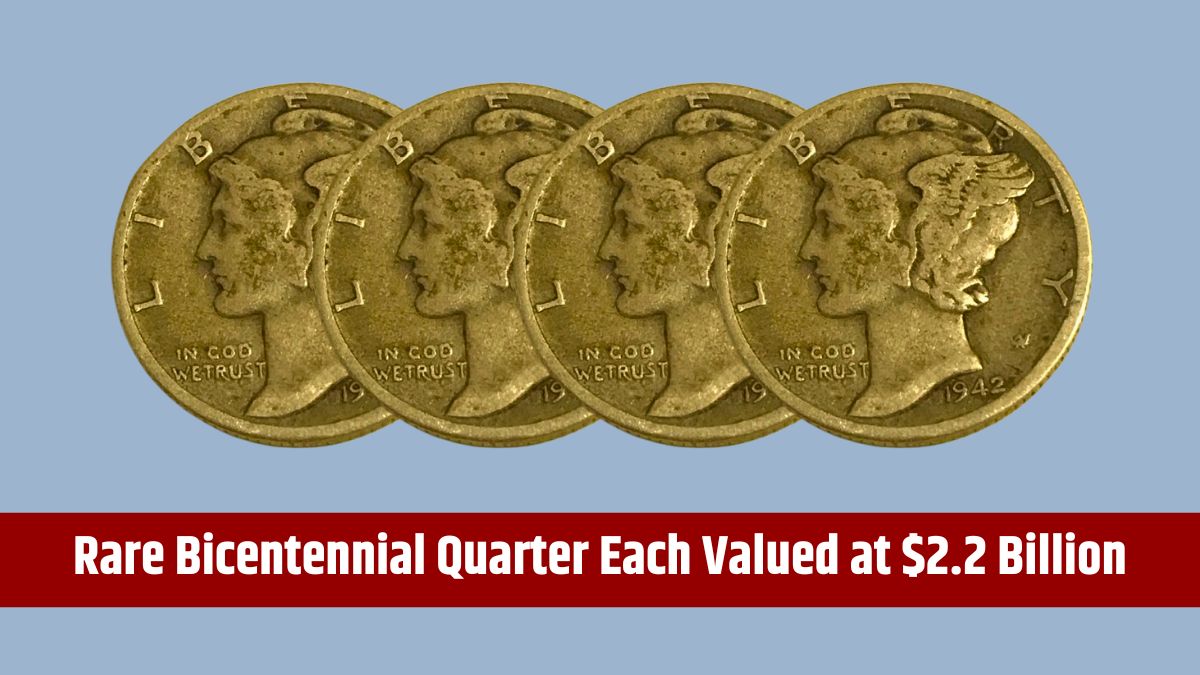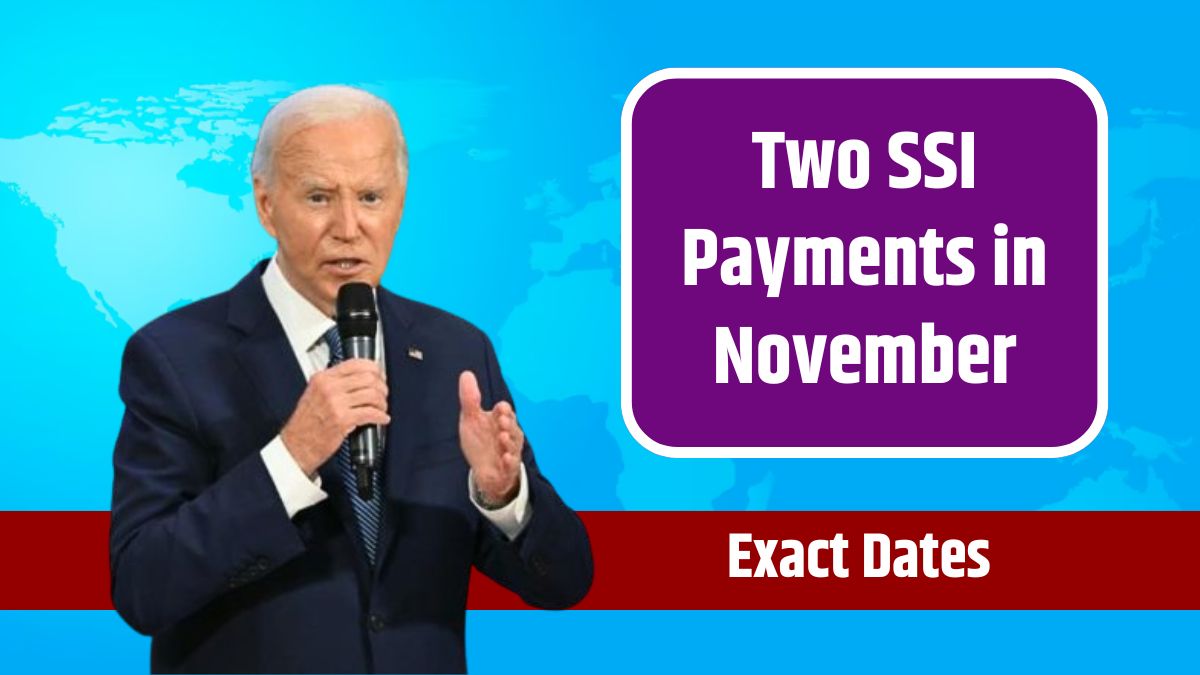As the Department for Work and Pensions (DWP) continues transitioning individuals from older benefits to Universal Credit (UC), not everyone will be required to make the switch. While Universal Credit aims to simplify the welfare system by combining six legacy benefits into a single payment, the DWP acknowledges that transitioning certain groups may be disruptive or unsuitable. This article outlines who won’t be eligible for Universal Credit in the coming months and why certain exemptions exist.
DWP’s Exemptions
The DWP has introduced exemptions for various groups as part of the managed migration to Universal Credit, which has a deadline set for 2025. These exemptions ensure that individuals with specific needs continue to receive support through alternative benefits better suited to their circumstances. Below is an overview of who will remain on their existing benefits and the reasons behind these exemptions.
State Pension Age
Individuals or couples who are at or above the State Pension age are typically not migrated to Universal Credit. Instead, they may continue to receive other benefits such as Pension Credit, which is tailored for retirees with low income. Universal Credit’s focus on work-related activities does not align with the needs of this age group, making Pension Credit a more appropriate option for financial support.
Legacy Benefits
Claimants who receive Housing Benefit alongside another legacy benefit will often remain on their current benefits. This arrangement is especially beneficial for older individuals who may find the digital application process for Universal Credit challenging. The DWP recognizes that these claimants may already have suitable support through existing benefits, which are often easier to navigate than Universal Credit’s online system.
Supported Housing
Individuals living in supported housing, such as hostels, refuges, or specific types of private accommodation, are generally exempt from the migration to Universal Credit. Supported housing environments often provide additional services like counselling, medical assistance, or addiction treatment, which go beyond the financial aid that Universal Credit offers. The DWP aims to maintain the tailored support available to these groups, rather than shifting them to a standard UC payment that may not meet their full range of needs.
Temporary Accommodation
Those placed in temporary council housing, typically due to homelessness, are also exempt from Universal Credit. The nature of temporary accommodation means individuals often face pressing housing concerns that take precedence over the work-related activities emphasized by Universal Credit. Keeping these claimants on their current benefits ensures that their housing needs are prioritized without additional pressures from UC’s requirements.
Limited Capability for Work
Claimants who have significant disabilities and are assessed as having limited capability for work (LCW) may be excluded from Universal Credit migration. The work-focused approach of UC is not always suitable for individuals facing long-term health issues. Instead, the DWP may direct these claimants to alternative forms of support, ensuring they receive the necessary financial aid without the expectation of work-related activities.
Key Considerations
For individuals who do need to migrate to Universal Credit, several factors should be kept in mind:
Digital Application Process
Universal Credit applications are primarily completed online, which can be a barrier for some. Those without digital skills or access to the internet may need assistance from Jobcentre Plus staff or other support services to complete their applications.
Initial Waiting Period
Claimants should be aware that there is an initial waiting period before receiving their first Universal Credit payment. Planning ahead for this gap in payments is essential for managing finances during the transition.
Work Requirements
Unlike many legacy benefits, Universal Credit emphasizes work-related activities for most claimants. Understanding these obligations and seeking guidance from Jobcentre Plus can help individuals meet their responsibilities and avoid any penalties.
Exemptions Matter
The DWP’s decision to exempt certain groups acknowledges that a “one-size-fits-all” approach doesn’t work when it comes to welfare support. By considering the unique needs of specific groups, such as retirees, people in supported housing, and those with significant disabilities, the DWP aims to provide a smoother transition and ensure that individuals receive the most suitable benefits for their situation.
If you’re unsure whether you qualify for Universal Credit or fall under one of these exemptions, contacting the DWP directly can provide clarity and help you look into your options. Assistance and resources are available to guide you through the process and make the transition as smooth as possible.
FAQs
Who is exempt from Universal Credit migration?
Pensioners, supported housing residents, and those with significant disabilities.
Can people over State Pension age claim Universal Credit?
No, they typically qualify for Pension Credit instead.
Is temporary accommodation covered by Universal Credit?
No, those in temporary accommodation remain on existing benefits.
Are digital skills necessary for Universal Credit applications?
Yes, but help is available for those who struggle with online forms.
What happens if I don’t qualify for Universal Credit?
You may continue receiving your current benefits or qualify for alternative support.

